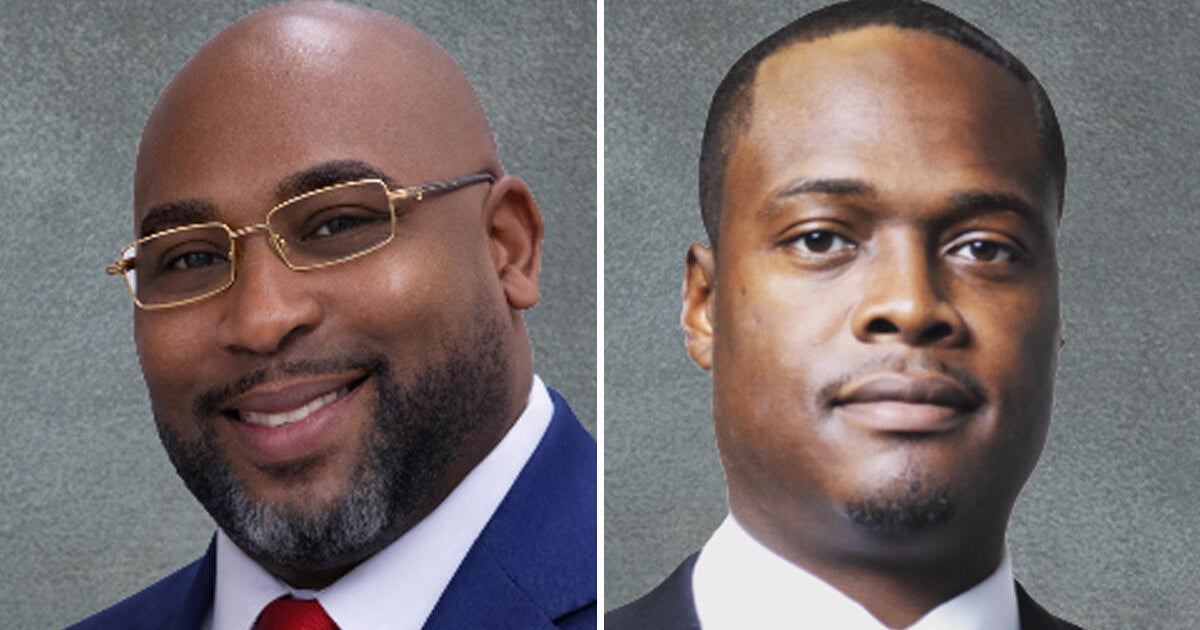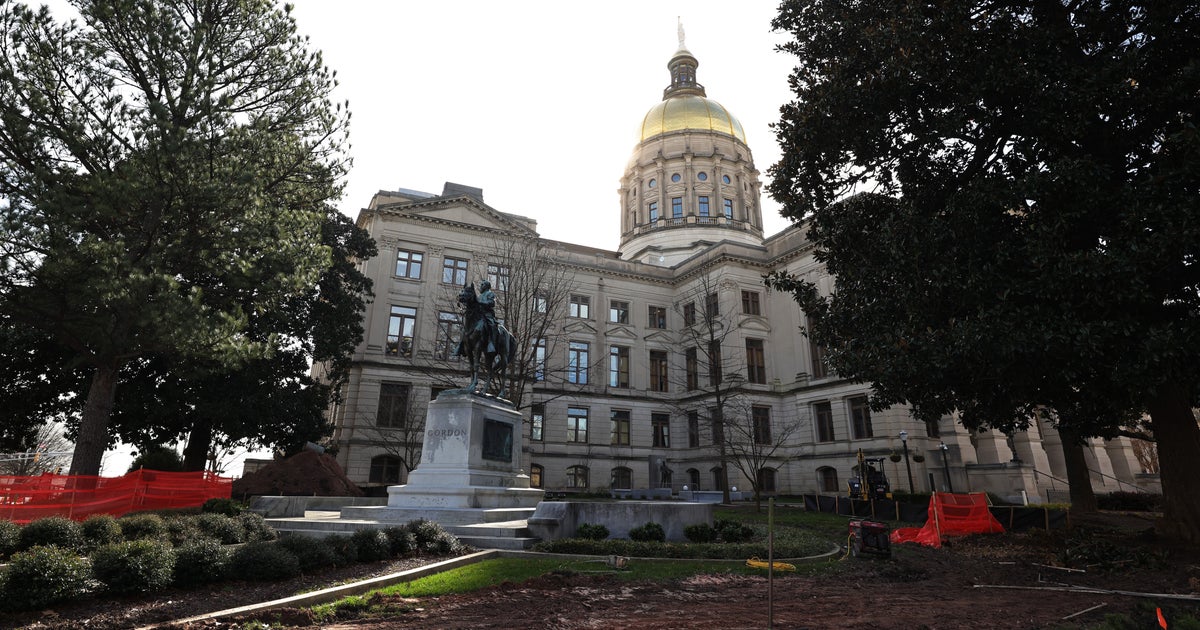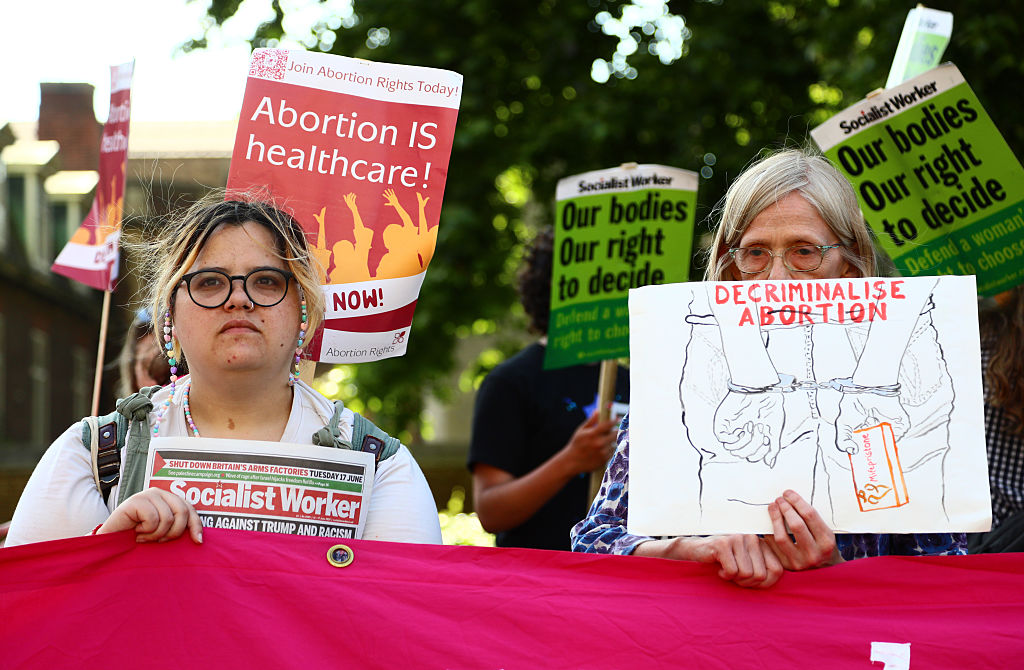Rape and incest exceptions stripped from South Carolina bill banning most abortions
Columbia, S.C. — A South Carolina Senate subcommittee on Tuesday stripped protections for women who become pregnant from rape or incest from a bill that would outlaw abortions in the state after about six weeks of pregnancy.
The State newspaper reports the Senate Medical Affairs subcommittee then approved the bill by a 4-3 vote. The vote was along party lines, with Republicans favoring the move and Democrats opposing it, reports CBS Columbia affiliate WLTX-TV.
The bill would still allow for abortions if it was to save the life of a mother, the station points out.
The measure is expected to advance through the full committee, which likely will hear it in November. Republican Governor Henry McMaster has said he would sign the bill into law if the Senate passes it.
A half-dozen states have passed measures similar to the proposal. But those bans have all been blocked or overturned by federal judges.
The South Carolina House added the exceptions after Republican state Representative Nancy Mace, of Charleston, shared about her rape as a 16-year-old.
"Those of you who will applaud after this vote, your applause will be temporary," said state Senator Marlon Kimpson, a Charleston Democrat who promised to use Senate rules to delay a final vote on the bill when lawmakers return next January for the 2020 legislative session.
Under the bill, doctors would face criminal charges for performing abortions after a heartbeat's detected, though those penalties aren't spelled out, WLTX says.
Heartbeats are usually detected around the sixth week of gestation - before many women known they're pregnant. It's estimated that it would outlaw the majority of abortions performed in South Carolina.
The legislation also requires doctors to let the mother hear the heartbeat, WLTX notes.
South Carolina Republicans have acknowledged the proposal is part of an effort to spark a legal fight that gives the newly constituted U.S. Supreme Court an opportunity to consider overturning Roe v. Wade. The bill's backers have said spending taxpayer dollars on that court challenge is worth it if it means preventing thousands of abortions performed every year in South Carolina.
The bill has drawn intense criticism from some women and doctors for seeking to further restrict abortion and for its lack of exception for pregnancies with fetal anomalies. But before Tuesday, it also was decried by some conservatives for failing to protect unborn fetuses that result from rape or incest.
"You are in fact killing an innocent human being," said state Sen. Richard Cash, the Anderson Republican who proposed removing the exceptions. "Whether you mean to or not, you are punishing a person wrongfully for something he or she had nothing to do with. ... Anyone who is alive who was conceived in rape would probably be very glad that they are alive and would probably be very willing to discuss and argue with you about their right to life while in the womb."
State Rep. John McCravy, the Greenwood Republican who originally sponsored the bill, said he was pleased to see the exceptions removed.
"It appeared that the ranks stayed together today, the pro-life people voted pro-life, and that's great," McCravy said. He added later, "The only thing keeping this bill from becoming law, we believe, is going to be on the floor of the Senate, and we think we will prevail there."
At a news conference following the hearing, women's rights advocates promised strong opposition to the proposed ban during the upcoming legislative session.
"The bill currently being advanced is radical insofar as it does not respect our diverse faiths and philosophies ... and that life's most difficult choices are more suited to private conversations between a patient and their doctor than to State House subcommittee rooms full of strangers," said the Rev. Jeremy Rutledge, senior minister at Circular Congregational Church in Charleston.
The news conference in the State House lobby ended with a call to action from Susan Dunn, the interim director of the American Civil Liberties Union of South Carolina. "Let these legislators know - burn up their phones and emails - that this is not what South Carolina wants," she said.



